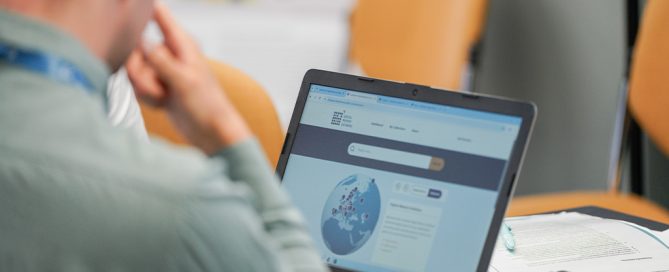Digital data spaces: the future of European Holocaust data?
What is a data space and what are the preconceptions around them? Our Lab Director interviews Pavel Kats, Coordinator of the European Memory Data Space Blueprint project and discovers why the data space movement is at a critical point and crucially, why Europe needs a data ecosystem dedicated to Holocaust memory. Victoria Grace Richardson-Walden: What is a 'European Data Space'? Pavel Kats: Common European Data Spaces (https://digital-strategy.ec.europa.eu/en/policies/data-spaces) are a bold innovation attempt by the European Commission to fundamentally rethink how we share and use data. They’re being funded and launched in many fields, from business sectors like industry and transport to societal domains like cultural heritage, to help individuals, businesses and institutions address the main digital challenge of our times: the growth of data and our inability to efficiently put it to use. For data to bring value, it must be used: in different ways and by different tools; across borders, stacks and institutions; and by different audiences. Yet, traditional data architectures are not built for that. In cultural heritage, we see it better than anywhere else. Every aggregation platform, whether national, European or thematic, at the same time exposes, suffers from and often exacerbates the same set of [...]


